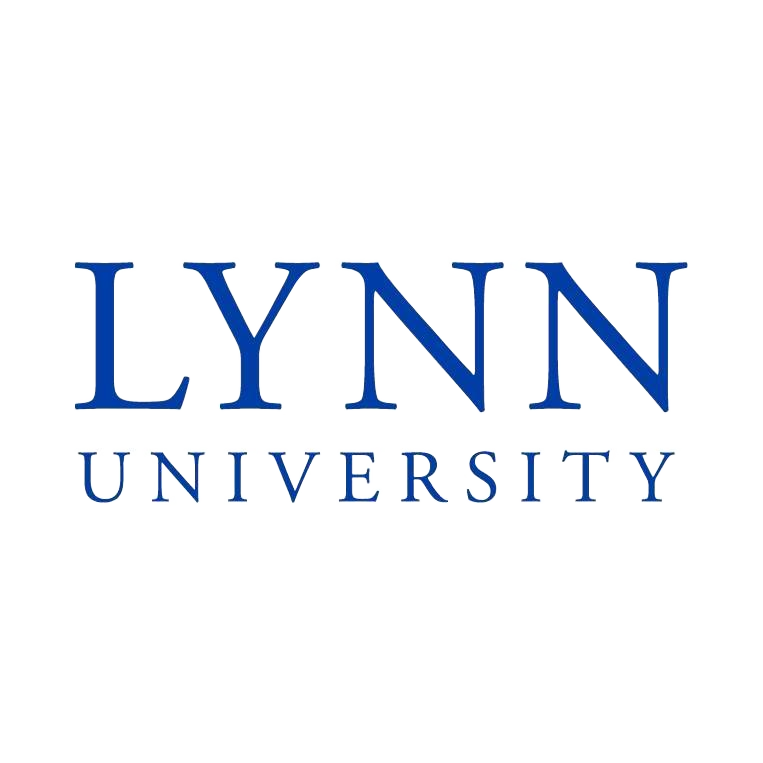
Financial aid (may be available)

Financial aid (may be available)

No cost info

No cost info

Financial aid (may be available)

Financial aid (may be available)

Financial aid (may be available)

No cost info

Financial aid (may be available)

Financial aid (may be available)

Financial aid (may be available)

Financial aid (may be available)

Financial aid (may be available)

Financial aid (may be available)

$2,730 total
$3,286 total
No cost info
No cost info
No cost info

Financial aid (may be available)
$649 total
No cost info
No cost info

$4,995 total
Are you interested in a career in Human Resource Administration? If you're located in Boston or the surrounding area, you're in luck! There are several options for Human Resource Administration classes near you. In this blog post, we'll explore what Human Resource Administration is, the training requirements, what to look for in a class, what to expect from the day-to-day class, the certification process, how to find related jobs, and other classes you can take after becoming a Human Resource Administration professional.

Human Resource Administration encompasses a wide range of tasks and responsibilities related to managing an organization's employees. This includes:
Recruitment and hiring: Human Resource Administrators are responsible for attracting and selecting qualified candidates for job openings within an organization. They may post job advertisements, review resumes, conduct interviews, and make hiring decisions.
Training and development: Once employees are hired, Human Resource Administrators are responsible for ensuring that they receive the necessary training to perform their jobs effectively. This may involve coordinating training programs, developing training materials, and monitoring employee progress.
Employee relations: Human Resource Administrators serve as a point of contact for employees regarding workplace issues. They may mediate conflicts, address grievances, and provide guidance on company policies and procedures.
Benefits administration: Human Resource Administrators are often responsible for managing employee benefits programs, such as health insurance, retirement plans, and paid time off. They may handle enrollment, answer employee questions, and ensure compliance with applicable laws and regulations.
Compliance with labor laws: Human Resource Administrators must stay up-to-date with labor laws and regulations to ensure that the organization is in compliance. This may involve monitoring changes in legislation, updating policies and procedures, and training employees on their rights and responsibilities.
To work in Human Resource Administration, it is beneficial to have a combination of education and experience. While a degree is not always required, many employers prefer candidates with at least a bachelor's degree in human resources, business administration, or a related field. Some employers may also require or prefer candidates with professional certifications, such as the Professional in Human Resources (PHR) or the Society for Human Resource Management Certified Professional (SHRM-CP) credentials.
When searching for Human Resource Administration classes near you, it's important to consider the following factors:
Accreditation: Ensure that the class or program you choose is accredited by a recognized accrediting body. This ensures that the curriculum meets certain quality standards and that the credits earned will be recognized by employers and other educational institutions.
Curriculum: Review the course curriculum to ensure that it covers the necessary topics and skills for a career in Human Resource Administration. Look for classes that offer a comprehensive overview of recruitment and hiring, training and development, employee relations, benefits administration, and labor law compliance.
Instructor qualifications: Research the qualifications and experience of the instructors who will be teaching the class. Look for instructors who have real-world experience in the field of Human Resource Administration and who are knowledgeable about current industry trends and best practices.
Flexibility: Consider your schedule and availability when choosing a class. Look for options that offer flexible scheduling, such as evening or weekend classes, or online learning options that allow you to study at your own pace.
Human Resource Administration classes typically provide a combination of theoretical knowledge and practical skills training. In a typical class, you can expect to:
Learn about the various functions of Human Resource Administration, including recruitment and hiring, training and development, employee relations, benefits administration, and labor law compliance.
Engage in group discussions and case studies to apply theoretical concepts to real-world scenarios.
Participate in hands-on activities and simulations to practice skills such as conducting interviews, mediating conflicts, and developing training materials.
Gain a deeper understanding of the legal and ethical considerations that impact Human Resource Administration.
Collaborate with classmates on projects and assignments to develop teamwork and communication skills.
While certification is not always required to work in Human Resource Administration, it can enhance job prospects and demonstrate a commitment to professional development. The two most recognized certifications in the field are the Professional in Human Resources (PHR) and the Society for Human Resource Management Certified Professional (SHRM-CP) credentials.
To earn these certifications, candidates must meet certain eligibility requirements, which typically include a combination of education and experience. They must then pass a comprehensive exam that tests their knowledge of Human Resource Administration principles and practices. Once certified, professionals must maintain their credentials through continuing education and professional development activities.
After completing a Human Resource Administration class and obtaining any necessary certifications, you'll be ready to start your job search. Here are some tips for finding related jobs:
Utilize job search websites: Websites like Indeed, LinkedIn, and Glassdoor can be valuable resources for finding job postings in the field of Human Resource Administration. Use keywords such as "Human Resources," "HR Administrator," or "HR Assistant" to narrow down your search.
Networking: Reach out to your professional network, including classmates, instructors, and colleagues, to let them know you're seeking employment in Human Resource Administration. They may be aware of job openings or be able to provide recommendations or referrals.
Attend job fairs and networking events: Job fairs and networking events specific to the human resources field can provide opportunities to connect with employers and learn about job openings. Come prepared with copies of your resume and be ready to discuss your skills and qualifications.
Join professional organizations: Consider joining professional organizations such as the Society for Human Resource Management (SHRM) or local HR associations. These organizations often provide networking opportunities, job boards, and professional development resources.
Once you've established a career in Human Resource Administration, there are several other classes you can take to further enhance your skills and knowledge. Some options include:
Advanced Human Resource Management: This class delves deeper into strategic HR management, employee engagement, talent acquisition, and workforce planning.
Employment Law: This class focuses on the legal aspects of Human Resource Administration, including labor laws, discrimination, harassment, and employee rights.
Compensation and Benefits: This class explores the design and administration of employee compensation and benefits programs, including salary structures, incentives, and employee wellness initiatives.
Organizational Development: This class examines strategies for organizational change, leadership development, and creating a positive work culture.
Training and Development: This class focuses on designing and delivering effective training programs, assessing training needs, and evaluating training outcomes.
Overall, pursuing a career in Human Resource Administration can be a rewarding choice. By completing a Human Resource Administration class near you, you'll gain the knowledge and skills necessary to succeed in this field. Whether you're just starting out or looking to advance your career, there are plenty of opportunities available. Good luck on your journey!
If you're interested in pursuing a career in Human Resource Administration, it's important to find the right class that meets your needs. Dreambound is the largest platform for students to find vocational training programs, such as allied health or industrial trades. They provide all the information you need to find the perfect class. Visit Dreambound to explore the available Human Resource Administration classes near you in Boston.
Dreambound is your go-to for city-specific guides if you're starting in this field. And if you're in another location or considering a change, we've written several others as well.
Considering a change in your career? We've gathered some perspectives to help you in your journey. You can explore several of these:
Dreambound's platform allows prospective students to find the right educational program for them through searching, filtering, and connecting with our extensive selection of career & technical education partners.
Dreambound has over 70 programs across healthcare, technology, business, and industrial trades. This includes programs such as Medical Billing, Cybersecurity, and welding.
Some of our schools offer financial aid for those who qualify. Many others offer payment plans, where you can pay the cost of class over time.
Yes, Dreambound offers many online programs. On Dreambound's search, you can filter by online, in-person, and hybrid (part online, part in-person).
Dreambound is completely free for you to use! We are supported by schools and organizations who pay to advertise on our website, so we can offer all of our career resources for free.